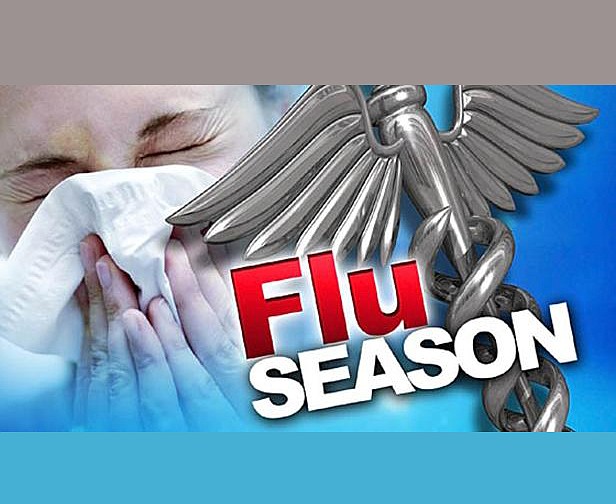Our region is in the midst of one of the worst flu seasons in recent memory. According to the Centers for Disease Control and Prevention, Tennessee, Georgia, Alabama and North Carolina are recording some of the highest incidences of flu and flu-like illnesses in the nation.
Chattanooga-Hamilton County Health Department epidemiology manager Margaret Zylstra told the Times Free Press that flu season doesn't usually peak in our area until February or March. In other words, even if you haven't gotten the flu yet this season, it is possible that you will.
The prevalence of the flu this winter has left a lot of folks asking the same question: "What should I take to feel better?"
Plenty of companies offer pills, drops, sprays, lozenges and rubs that claim to help tame the fever, cough, aches, sneezing, stuffy nose and sore throat that often come with the flu. It turns out, however, that many of the most popular remedies don't do anything at all.
According to the National Center for Complementary and Alternative Medicine (NCCAM), a taxpayer-funded arm of the National Institutes of Health, "There is currently no strong scientific evidence that any natural product is useful against the flu."
That means that if a flu remedy is labeled as "herbal," "homeopathic," "holistic" or "all natural," it's almost certainly a waste of money. The same can be said if a product's benefits are followed by the sentence, "This statement has not been evaluated by the Food & Drug Administration," somewhere on the packaging.
Echinacea is one of the biggest culprits responsible for scamming ill Americans out of their money. Supplement makers, health food experts and holistic medicine companies claim that pieces of the flower can help alleviate coughs and sore throats. In fact, some large cough drop makers like Halls and Ricola now use echinacea in several products.
Study after study, however, has shown that those claims are fabrications. Echinacea does not prevent or treat colds or the flu.
Some flu sufferers swear by zinc products, such as Cold-Eeze. However, they are not clinically proven to help flu symptoms, either. Zinc products taken orally, according to NCCAM may help "to reduce the length and severity of colds when taken within 24 hours after symptoms start." Zinc nasal sprays have been largely taken off the market after the FDA discovered the sprays were found to cause more than 130 users to lose their sense of smell.
One of the more surprising wastes of money is vitamin C. Despite what grandma said, loading up on vitamin C does absolutely nothing to prevent colds or the flu, the NCCAM discovered. There remains debate in the scientific community over whether vitamin C helps improve cold symptoms. If it does, most researchers agree that the benefits are minimal, at best.
Oscillococcinum is another bogus homeopathic remedy. It has been used in Europe to treat the flu for decades and is gaining popularity in America. The product is a mixture of duck liver and heart diluted so much that a dose of final product rarely contains even a single molecule of the original duck mixture. Even though the oscillococcinum is a rip-off, thousands of Americans will spend as much as $2 per dose for the useless duck water.
Other natural cold and flu remedies wasting space at local grocery stores and pharmacies include products featuring cinnamon, elderberry, garlic and probiotics - the "good" bacteria found in yogurt. The NCCAM concluded that none of items are effective in fighting off the flu or reducing flu symptoms.
When you or a loved one is sick, it's only natural to try anything to feel better. But that's no reason to fall victim to a scam or waste money on a product that simply won't work. If you find yourself in your local store's natural, homeopathic, herbal or holistic section looking for products to fight the flu, run the other way.
Science has proven that no natural product - no vitamin, no herb, no mineral - will help prevent or treat the flu.

